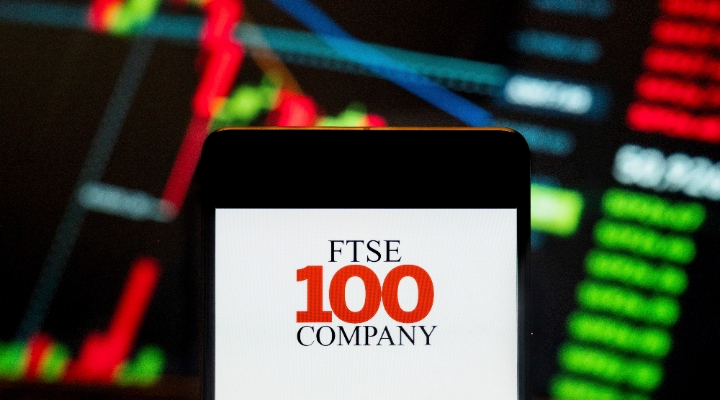
Everyone reaches a stage in their life where the need for a financial adviser comes in. But the biggest question lies on how to find the right one for you.
A financial adviser needs to know virtually everything about your life and lifestyle. If you have any debts, while it may seem embarrassing at first, you need to trust your financial adviser. Finding the right adviser to suit you is almost like finding the right therapist – you need to be comfortable with them and be able to trust them with your financial secrets.
The first step in finding a financial adviser is to explore what kind of adviser you want. Cleona Lira, independent financial adviser at Celtic Financial Planning, says there are some who offer a more holistic approach including life planning, while others include business planning, certain aspects of investing (sustainable or trust management, for example) or those who offer pure investment management.
If you are looking purely for an investment planner then finding their approach and strategy is important. Ben Yearsley, director of Fairview Investing, suggests asking if they have their own models and do their own research or whether or not it is outsourced to a discretionary fund manager.
Do They Care Enough?
As with any profession, shop around. Make sure you speak to a few advisers before making any firm decision. Lira says: “I would draw up a shortlist and meet at least three advisers having reviewed their websites or however they set up their stall. I assume everyone has a decent website in 2021, but don’t just rely on a flashy website.
“I would be weighing up which adviser really listened to you and what you want to achieve. Do they understand you as a client want for your financial and life goals? Do you get a sense they care enough to help you get there? And finally, to pick based on gut feeling.”
Finding the right adviser may not be as simple as it seems. Martin Bamford, chartered financial adviser at Informed Choice suggests the best way to find the right individual firm or individual is to ask friends, family and colleagues for a referral to a trusted adviser. “There’s a good chance that, if an adviser has done a good job for them they will do a good job for you,” he adds.
Yearsley also adds to the importance of recommendations. “Do your friends or acquaintances already use their services? Are they happy with the service they are given?
“A lot of it comes down to trust. When you meet for the first time – either virtually or face-to-face, do you trust them? You are handing over the reins to your financial wellbeing, so do you think or feel they have your best interests at heart?”
Jargon, Exams and Fees
It is no secret that the financial services industry is full of jargon, and advice can be no different. Advisers can be restricted or independent – meaning they are either tied to certain products or not. Bamford suggests speaking with an adviser who is independent and well qualified – primarily a chartered or certified financial planner.
Yearsley says that qualifications should be the first thing you look for. “Ask is your potential adviser chartered, or studying towards it? This is the highest level of qualification that can be attained and it shows a deep understanding and knowledge of advice.”
Fees can also be a sticking point for many. Bamford advises to look for a planner who charges a project fee for advice rather than a percentage of the amount you invest. Not to mention a planner who is focused on financial planning rather than selling a product.
One thing that is not a necessity but can surely help, is finding a planner who is well-established locally and part of your community. Bamford says: “From a trust perspective, working with someone who lives, works and participates in your local community makes it far more likely they will provide a great service.”
Take Your Time
Alistair Cunningham, financial planning director at Wingate Financial Planning, says one of the first questions you need to ask is to yourself, and whether you can work with that person for the next few decades. But he warns: “Do not be rushed. Choosing the ‘wrong’ adviser will almost never be corrected. That’s because you invariably can’t find out they’re not right after they’re working with you.”
There is undoubtedly no right or wrong when it comes to finding the right adviser for you, and a lot of it may just come down to your gut instinct. But the first instance should be to check the FCA Register to check they are fully authorised to give you advice - although it is not the most intuitive of sites available. Vouched For, Unbiased and the Money Advice Service all have registers which include further details than the FCA Register including fees, what they advise on and what type of money pots they deal with.




























